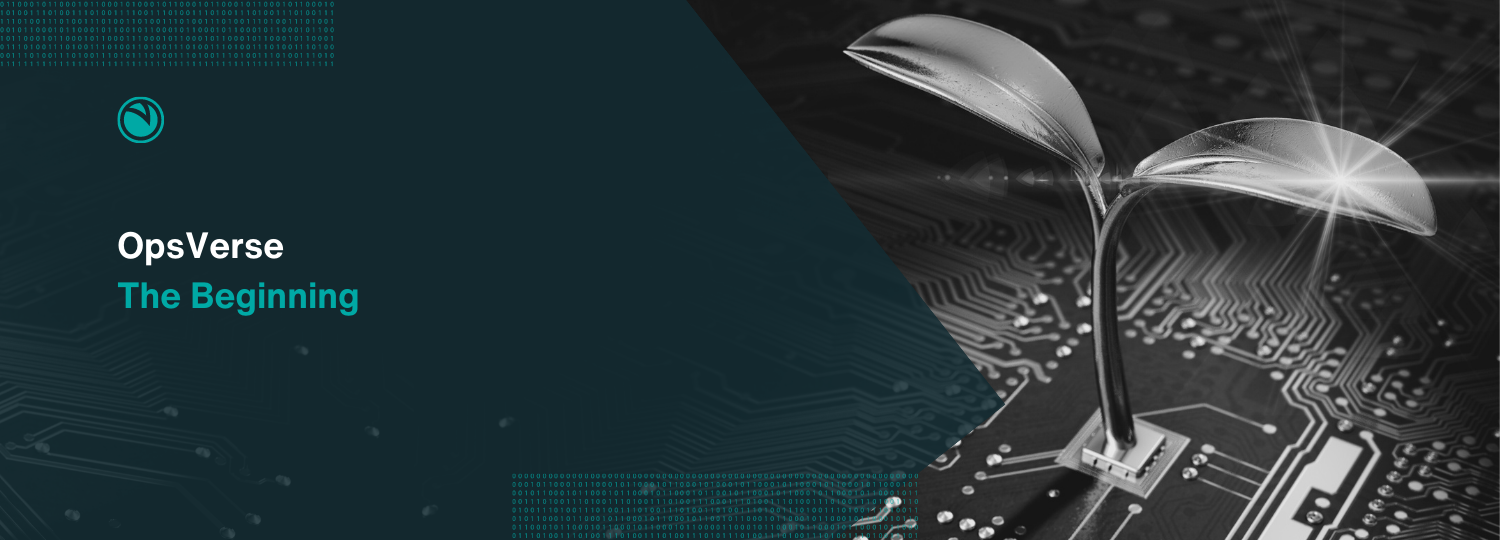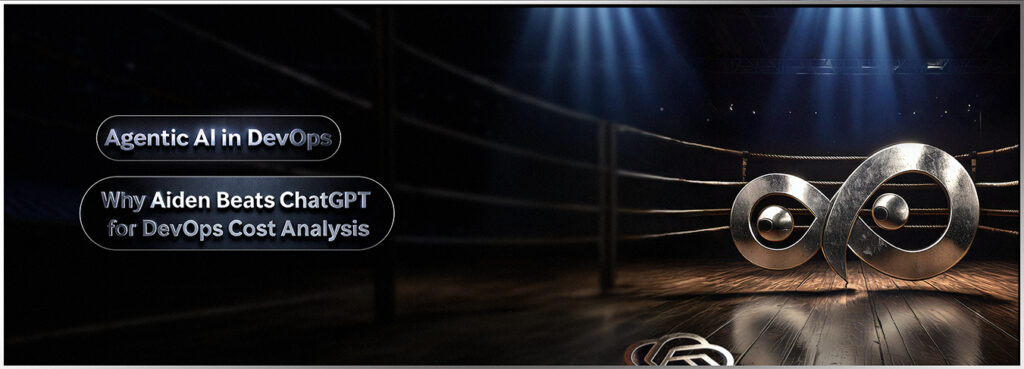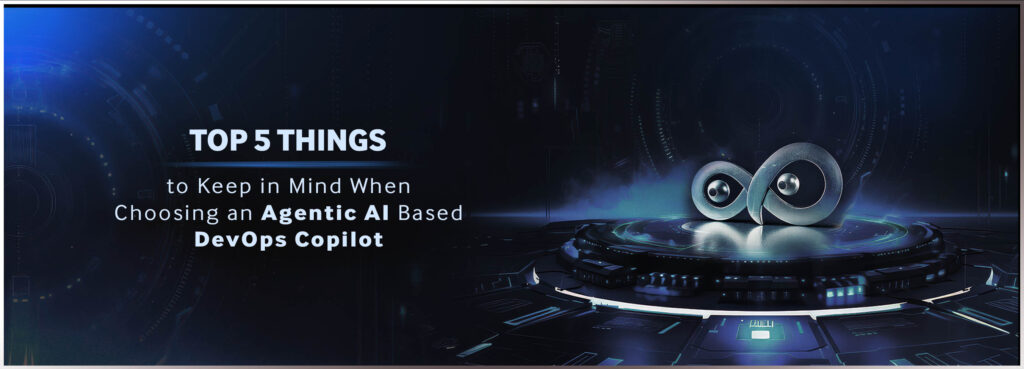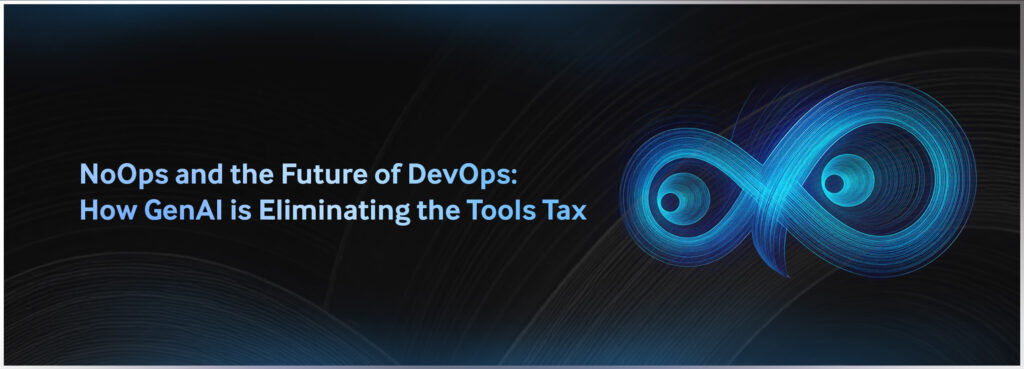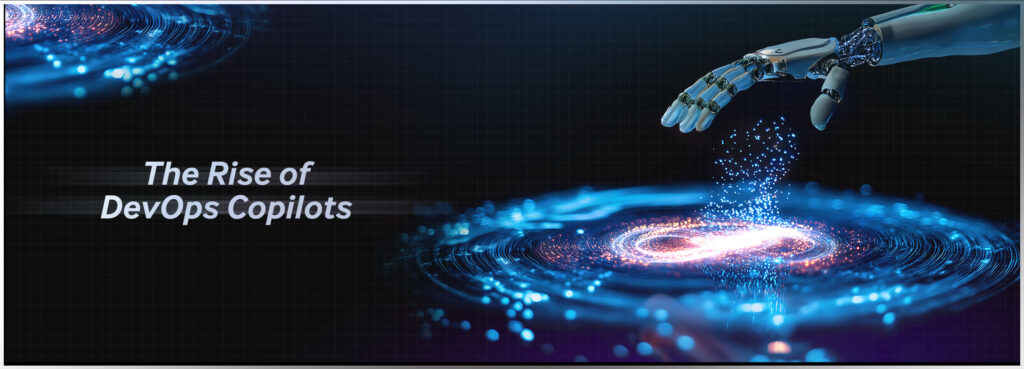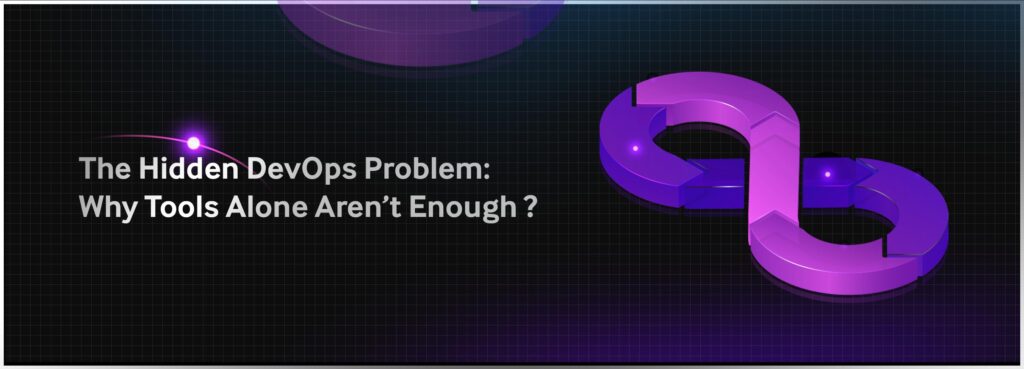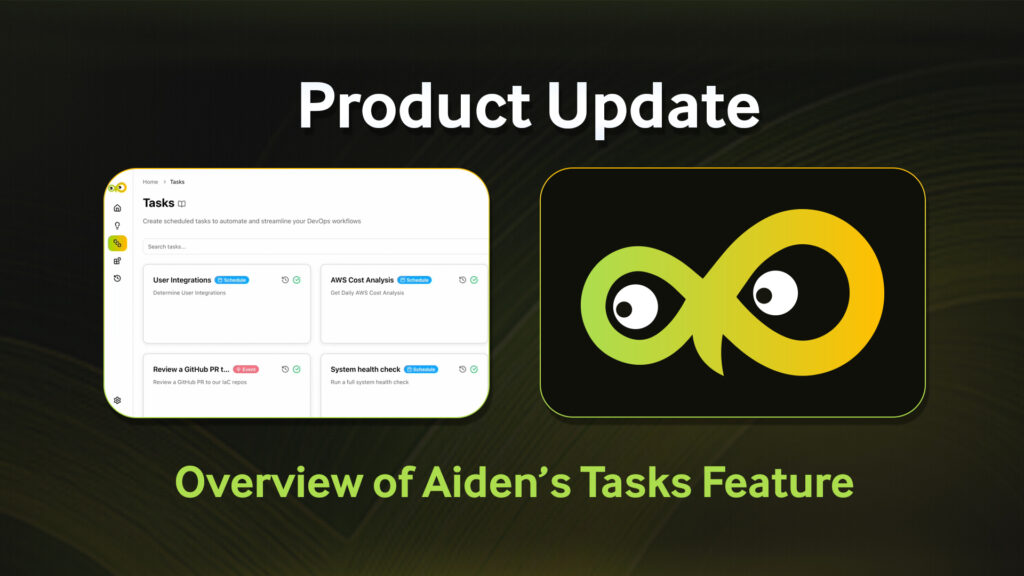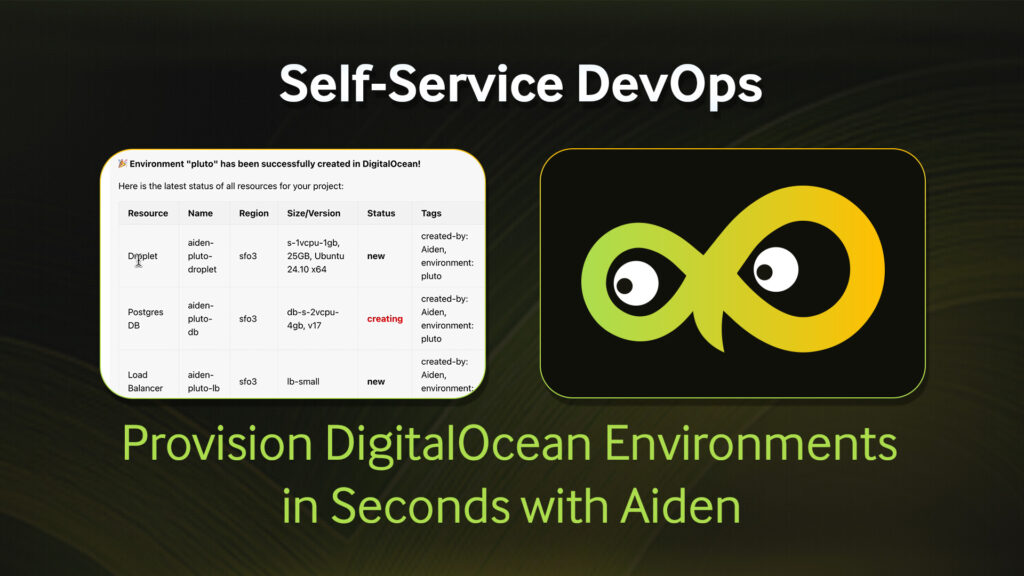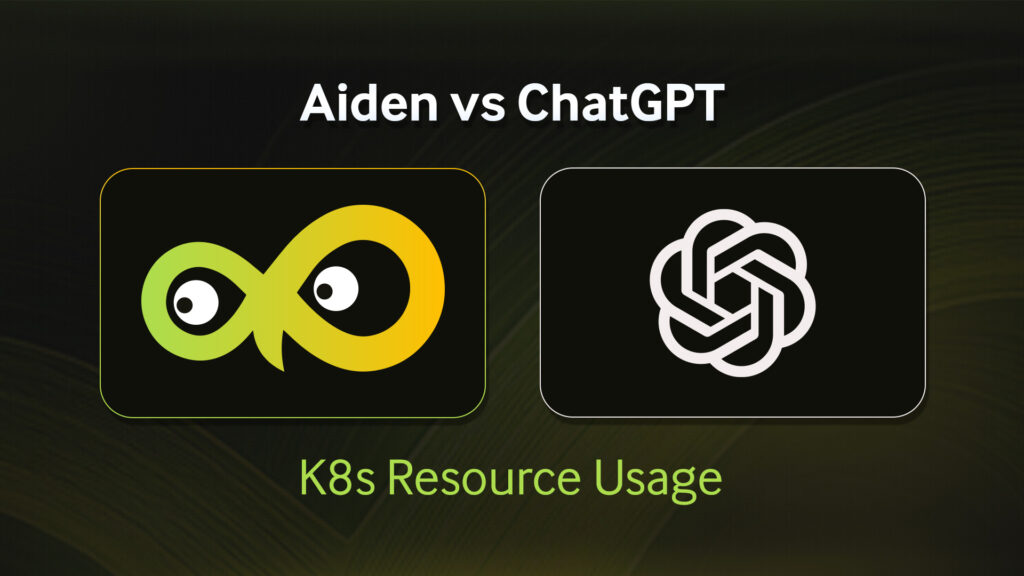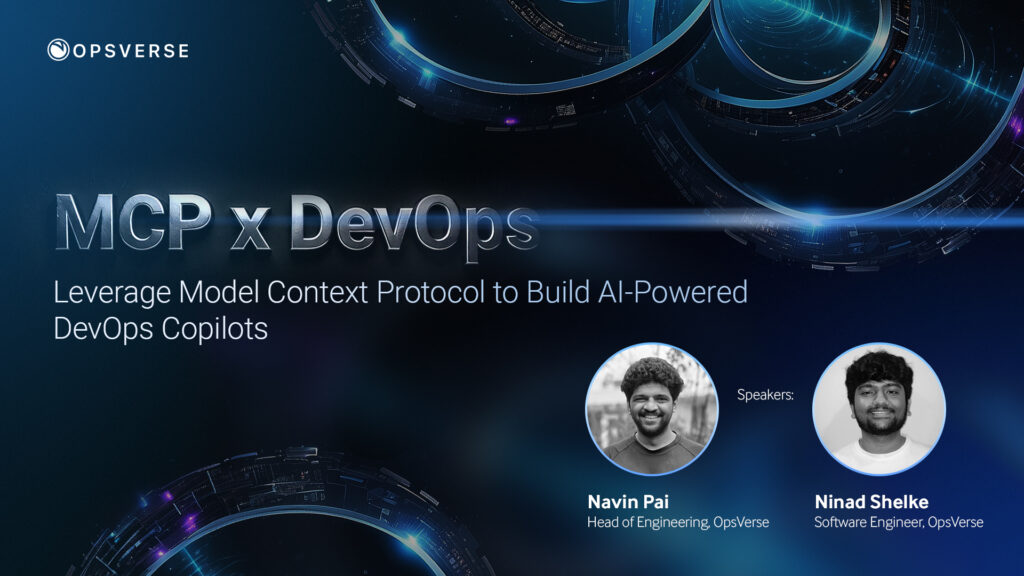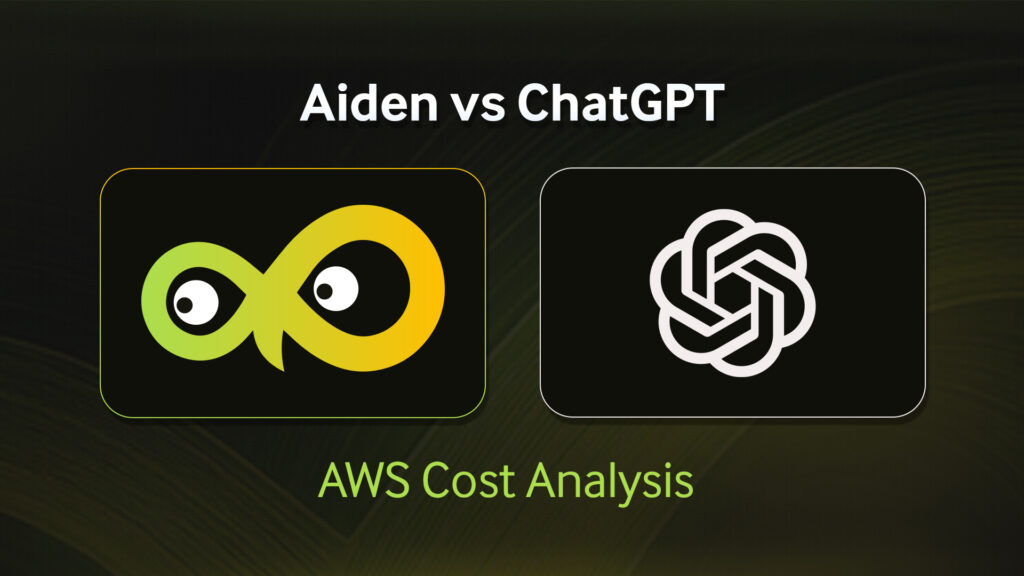Why did we start OpsVerse?
The software delivery pipeline is the backbone of any software engineering organization. It includes the tools to build, test, deploy, and monitor applications. Today, however, there is no single tool in the market available to help manage this pipeline end to end. Instead, a company must rely on its DevOps teams to build and manage one.
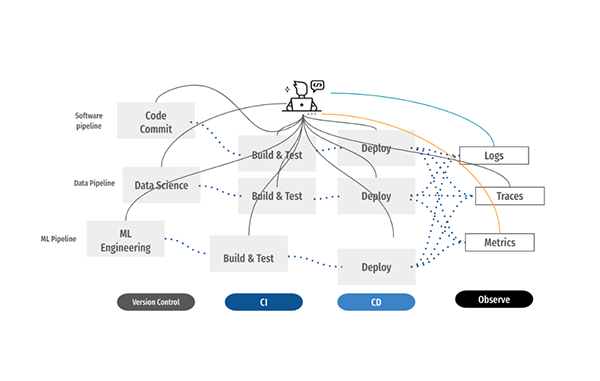
The Current DevOps Ecosystem Requires Deep Expertise and Has Security Risks
DevOps teams first need to operationalize a set of disconnected, complicated tools and then develop the software delivery pipeline layer above it. This layer quickly becomes a heavily customized solution that requires deep tribal knowledge to operate and manage on an ongoing basis. Teams must also deal with the plethora of tools and services available in the public cloud and Cloud Native Computing Foundation (CNCF) ecosystems.
Naturally, companies will begin to incorporate data science and machine learning (ML) engineering roles as they become more data-centric and start developing AI/ML-based features. These engineers need additional tools (namely, DataOps and MLOps) to perform their duties. This exponentially increases the complexity of implementing and managing tool stacks.
Today, on an average, a developer needs about 15 different tools to just make and deploy a simple code fix. For developers, this is a huge productivity sink, for DevOps teams, it’s a nightmare to keep all these tools running and well integrated and for organizations, it’s a business risk as an issue with any of these tools could critically affect their business.
So, organizations typically have two options when it comes to solving toolchain problems. The first one is to buy or subscribe to a SaaS-based tool for individual use cases (for example: Datadog for monitoring, Sumo Logic for SIEM, Harness for CD). This approach simplifies tool onboarding and gives access to enterprise-grade products and support; however, it often results in vendor lock-in and becomes extremely expensive when scaling. Customers will also need to send their sensitive data to a 3rd-party service outside of their network, which has security and compliance implications.
The other option is for organizations to build and run their own tools based on open source systems (as examples: ELK for log management, Prometheus for monitoring, Kafka for messaging, Apache Superset for data visualization, etc.). This option provides a greater amount of flexibility and better data governance, but carries a high operational cost and isn’t very reliable. Over time, these factors contribute to serious engineering productivity problems.
In our experience and as per research, neither option is ideal for running consistently reliable cloud native DevOps toolchains. According to the 2021 State of Continuous Delivery Report, while 44% of developers worldwide implement DevOps to streamline their software delivery pipelines, the software delivery stability – as measured by the time it takes to restore service following a user-impacting incident, has dropped from 17% to 13% in 12 months.
That’s why we started OpsVerse — a DevOps tools-as-a-service company. At OpsVerse we are providing and building open standards-based DevOps tools that work out of the box and integrate seamlessly with the rest of the software delivery ecosystem.
With OpsVerse we are making DevOps a No-Ops.
Our Tools Run Anywhere
Our tools are available on OpsVerse distributed SaaS platform which gives users the option to run them on our cloud or on their own public/private cloud environments. As a result, customers have access to fully managed services with better security, compliance, and data residency choices. We also considerably reduce the cost of data transmission. Just imagine sending 1 TB of telemetry data to Datadog every day!
Unified Developer Experience
The OpsVerse platform brings together all DevOps tools through an unified Developer Experience (DevEx) solution. This dramatically improves a developer’s productivity as they can now interact with all their tools through this unified DevEx solution.

Open Source and Open standards
All of our tools are based on open standards and open source systems, allowing users to implement them in a vendor-agnostic way while obviating lock-in. Additionally, it improves the developer and engineering experience as both parties are able to leverage their existing knowledge of open source systems.
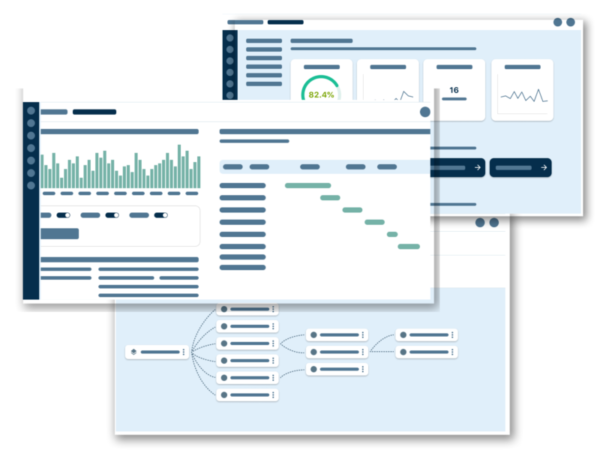
Our Products
With these philosophies deeply embedded in everything we do, we released ObserveNow and DeployNow.
ObserveNow
ObserveNow is a fully operationalized and integrated full-stack observability platform that can run on any cloud within minutes
DeployNow – Managed Argo
DeployNow is a GitOps-based deployment system that brings enterprise-grade features to Argo. It supports fine-grained role-based access control (RBAC), modern deployment strategies like blue-green and canary deployments, and single sign-on (SSO) and disaster recovery (DR) which allow users to accelerate the adoption of continuous delivery. Like the rest of our tools, DeployNow can also be used within a customer’s private network.
Our Vision
To enable software companies to focus on their core products, not on the complicated tools and infrastructure needed to bring them to market.

